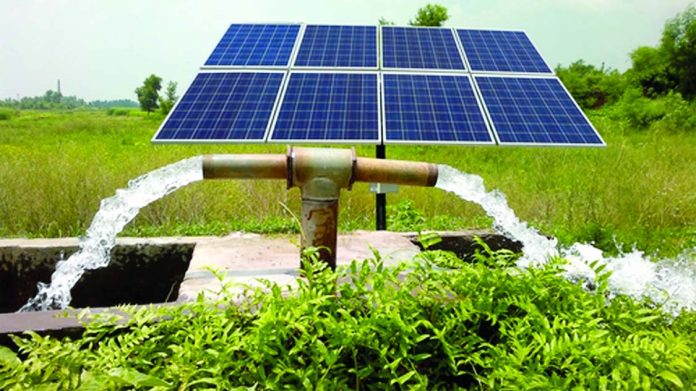Uganda’s journey toward a sustainable energy future took center stage at this year’s Renewable Energy Conference, held under the theme “Transforming Energy Systems for Livelihoods and Conservation.
” The conference brought together key players from government, the private sector, and development partners to discuss the country’s progress and the urgent need for cleaner, more inclusive energy solutions.
Reflecting on the country’s progress, Nicholas Mukisa, the Deputy National Coordinator at the National Renewable Energy Platform, noted that Uganda has made important strides in energy access over the years.
“A few years ago, we were talking about electricity usage being around 3%. This year, we’ve made a small but significant leap,” he said. “It may seem like a small percentage, but it means a lot, because cooking is a cultural practice, and changing mindsets takes time.”
Mukisa emphasised that renewable energy whether solar, wind, geothermal, or hydro is not just about technology, but transformation.
“The Ministry is looking into how to improve service delivery, avoid duplication of interventions, and address the misuse of resources. A conference like this presents a valuable opportunity for stocktaking and reflection.”
The conference also highlighted the importance of public-private partnerships in achieving Uganda’s energy goals. Mukisa pointed out that the national grid currently accounts for 22%, while 38% of energy access is off-grid, largely driven by private actors.
“This means the energy sector is private-led, contributing almost twice as much as the government,” he explained, referencing the 2007 Renewable Energy Policy, which promotes private power purchase agreements and collaborative partnerships.
According to Tusiima Grace, Under Secretary at the Ministry of Energy and Mineral Development, clean energy solutions are essential not only for development but also for environmental preservation.
“When we focus on clean energy, particularly clean cooking, we can see the impact on our forests,” she said. “The loss of forest cover was unsustainable, as the rate of tree cutting far exceeded the rate of afforestation. Climate change is real; it’s no longer just a theory.”
She warned that if current trends continue, Uganda could lose all its trees by 2040, especially in refugee-hosting areas where access to energy remains limited.
Irene Bateebe, Permanent Secretary at the Ministry of Energy and Mineral Development, reaffirmed government commitment to improving access and reliability.
“We have agreed on the need to increase and diversify our electricity generation. We will continue to expand and modernize our electricity transmission and distribution network—not only to improve service delivery but also to support the integration and dispatch of additional renewable energy,” she said.
Bateebe further underscored the growing role of digitalisation and artificial intelligence in boosting efficiency within the energy sector.
“We must also foster strategic partnerships that can attract private investment and accelerate the adoption and integration of renewable energy solutions,” she added.
Development partners are playing a major role in this transition. Lisa Chesney, the British High Commissioner to Uganda, commended Uganda’s efforts in building strong partnerships.
“We have seen new partnerships emerge between the National Renewable Energy Platform and Uganda’s kingdoms and religious leaders, bringing clean cooking messages into homes through these vital cultural institutions,” she noted.
She praised Uganda’s growing renewable energy landscape, saying, “The warmth of the Ugandan people could power the whole country.
There’s immense potential in the energy sector. This is a story of partnerships and collaboration and like any good book, it includes unexpected plot twists, with the best chapters still to come.”
The Minister of Energy and Mineral Development, Ruth Nankabirwa, said this year’s theme reminds Ugandans that energy goes beyond supply; it must improve lives and protect the environment.
“The excitement that comes from helping someone gain the ability to simply work is what drives me,” she said. “To everyone supporting us, you’re in the right place.”
She recalled a memorable moment during the conference when the British High Commissioner cooked matooke using a pressure cooker symbolising how clean cooking technology can transform daily life.
“People lined up just to taste it. That moment was truly fulfilling, and it’s incredibly satisfying to be part of the clean cooking energy movement,” she said.
Nankabirwa concluded by emphasising that Uganda’s energy transformation must be people-centered and inclusive. “This year’s theme is both timely and relevant.
I recently reminded the people of Nakasongola that, at one point, their district was even recognised with a medal for being the leading district in charcoal burning. Now, we must lead in clean energy adoption.”


